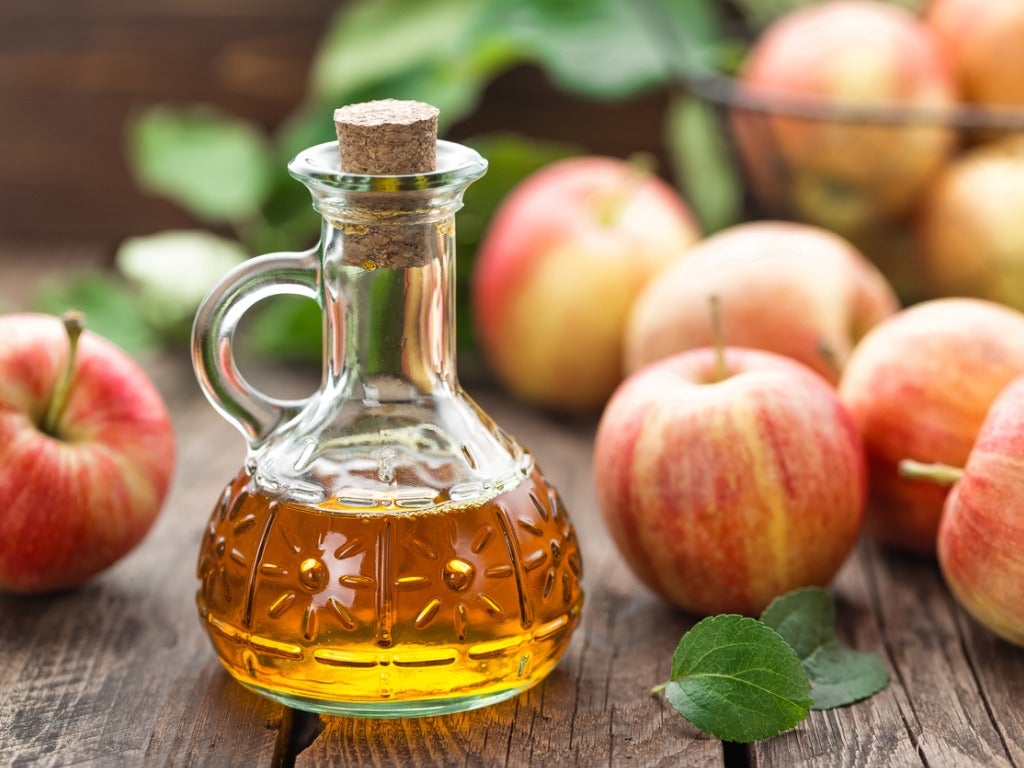Vinegar For Garden Use: Making Homemade Vinegar Rooting Hormone
Using apple cider vinegar as a rooting hormone is a safe and natural way to weaken the outer coating of seeds, making for faster germination.

How To Use Apple Cider Vinegar As A Rooting Hormone
Rooting hormone is a commercial product used to stimulate root growth on cuttings. A natural plant hormone, auxin, is responsible for root growth on plants. Commercial products mimic auxin. While rooting hormone is not necessary when propagating plants, it can help, and it speeds up the process.
An apple cider vinegar root hormone is a homemade solution used to aid the rooting process when propagating cuttings. It is not a hormone, but some people find that this homemade solution actually works.
Using Apple Cider Vinegar for Propagation
Most people keep apple cider vinegar in the kitchen for cooking, but it has uses for gardening and houseplants as well. One use is to promote root formation on plant cuttings. It can also be used for scarification, the process of weakening seed coatings to stimulate germination.
Whether you propagate plants by cuttings or saving and starting seeds, reach for apple cider vinegar for a couple of useful home remedies.
Does Apple Cider Vinegar Actually Work?
Apple cider vinegar for rooting works as reported by many gardeners, although there is little evidence from horticultural research. Some of the natural compounds in apple cider vinegar may mimic rooting hormones.
As a scarification aid, apple cider vinegar definitely works. Soaking in acid is a proven method for thinning the seed coat. Commercial growers use sulfuric acid, which is more difficult to get and dangerous to handle. Household vinegar provides a viable alternative, even if it is not as powerful.
How to Use Apple Cider Vinegar as a Rooting Hormone
The anecdotal evidence in its favor suggests that using apple cider vinegar for rooting cuttings is worth a try. Just be careful and precise with the concentration of the mixture. Too much acid will kill the cutting before it can root.
Sign up for the Gardening Know How newsletter today and receive a free copy of our e-book "How to Grow Delicious Tomatoes".
To use apple cider vinegar as a rooting substance, mix a teaspoon with five to six cups of water (1.2 to 1.4 liters). Dip the cut ends of stems into the mixture for a few seconds. Place the cuttings directly in prepared and moist potting mix. You can also put the cuttings in water to root, but this further dilutes the vinegar and might disperse it before it can be effective.
How to Use Apple Cider Vinegar for Seed Starting
Soaking seeds in vinegar is a helpful way to speed germination. Many plant seeds need scarification to germinate. Scarification is the weakening of the tough seed coat necessary for germination to begin. In nature, this occurs through various processes, such as microbial actions or freezing and thawing cycles.
You can mimic these processes to break or weaken the seed coat, allowing air and water in for germination. A sulfuric acid soak is a typical strategy in commercial growing, but it isn’t realistic for home gardeners.
How long the seeds should soak in vinegar depends on the species. Generally, they should soak long enough for the seed’s surface to dull and weaken, but not so long that it becomes rough and pitted. Look up your species to determine a good time estimate for soaking. Use a solution of one part vinegar to three parts water.
Apple cider vinegar has many uses in the home beyond cooking. In the right dilution, it can help you root cuttings and start seeds for houseplants or garden plants.

A Credentialed Garden Writer, Mary H. Dyer was with Gardening Know How in the very beginning, publishing articles as early as 2007.

